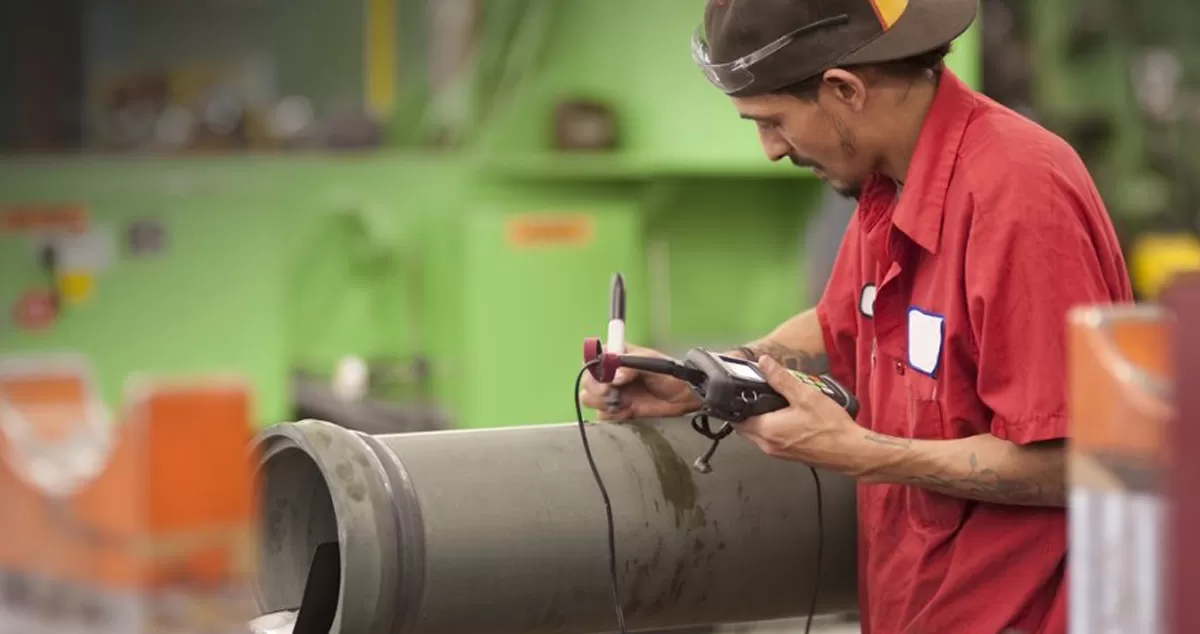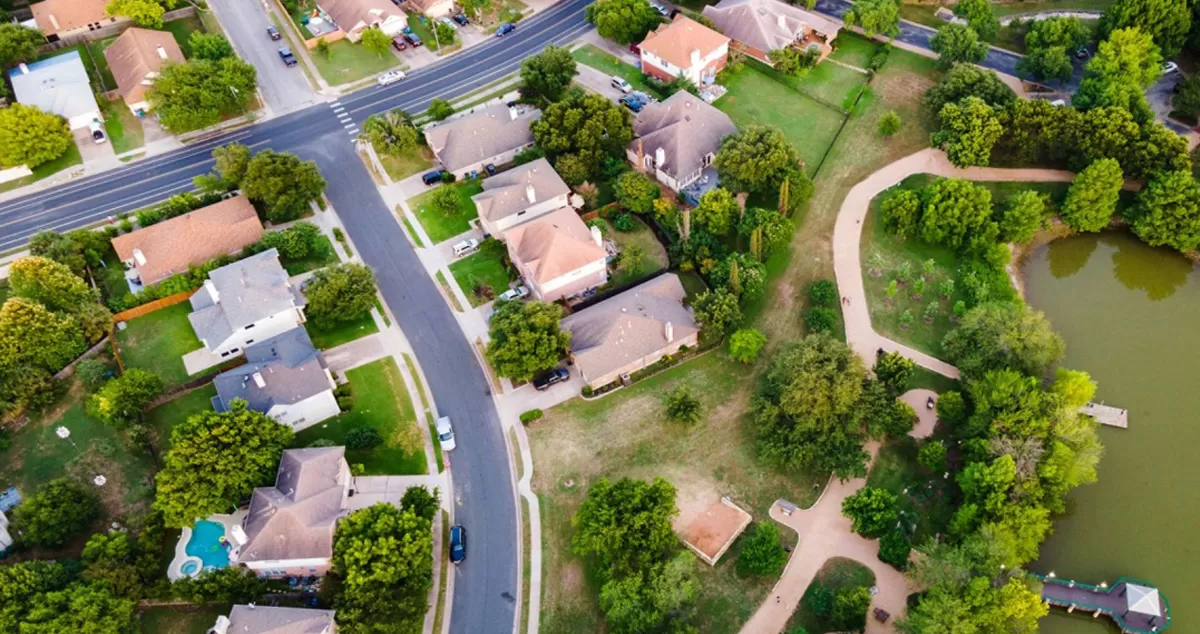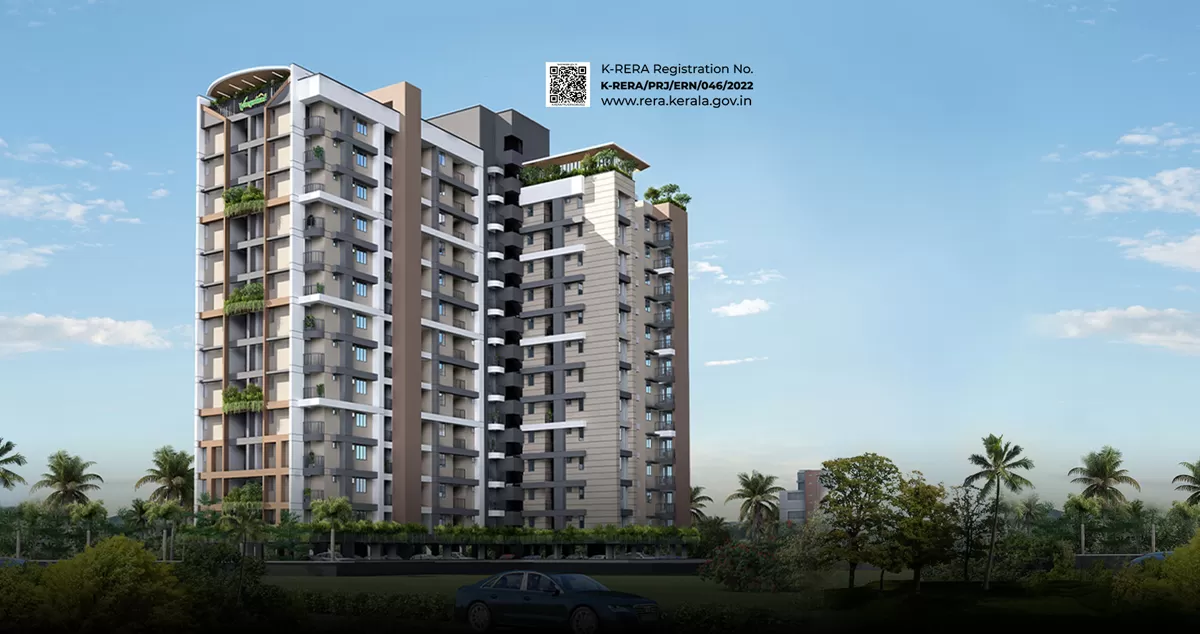How to Assess Quality Construction

Key tips for assessing construction quality and land suitability.
In a time when numerous real estate developers compete for customers by offering a variety of residential units at competitive pricing, the buyer needs to guarantee that the construction is of excellent quality. Assessing the quality of construction is crucial whether you're buying a property, overseeing a construction project, or evaluating the durability of a building. Here's a breakdown of how to assess construction quality:
1. Topography and Geology
Soil Composition: Assess the soil type and stability for foundation suitability. Soil testing can reveal its load-bearing capacity and potential for settlement.
Slope and Grading: Evaluate the land's slope and grading to understand drainage patterns and potential erosion risks.
2. Accessibility and Location
Infrastructure Access: Check proximity to roads, utilities (water, electricity, gas), and amenities. Accessibility affects construction costs and convenience.
Zoning and Regulations: Understand local zoning laws, building codes, and restrictions that could impact construction plans.
3. Natural Risks and Environmental Factors
Natural Hazards: Identify risks like flooding, earthquakes, wildfires, or other environmental hazards in the area.
Ecological Impact: Consider environmental factors and regulations regarding protected areas, habitats, or endangered species.
4. Utilities and Services
Utility Availability: Assess the availability and proximity of water sources, sewage systems, electricity, and internet connectivity.
Cost of Hookup: Understand the cost and feasibility of connecting to these utilities.
5. Historical Analysis
Land History: Research the land's history, including previous land use, potential contamination, or any legal issues.
6. Survey and Boundaries
Land Survey: Conduct a survey to identify boundaries accurately and verify the land's size and dimensions.
7. Aesthetic and Future Development
Scenic Views and Surroundings: Consider the aesthetics and surroundings for potential resale value or personal satisfaction.
Future Development: Investigate any planned developments or infrastructure projects that might impact the area.
8. Consult Professionals
Engineers and Environmental Consultants: Seek expert opinions from professionals like geotechnical engineers, environmental consultants, and architects for a thorough assessment.
Legal Advice: Consult legal experts for understanding contractual obligations, property rights, and potential liabilities.
9. Cost Analysis
Construction Costs: Estimate construction costs based on the land's characteristics, including grading, soil quality, and accessibility.
Evaluating land for quality construction involves a comprehensive analysis of its geological, environmental, legal, and logistical aspects. Engaging professionals and conducting thorough research can provide a clearer picture of the land's potential for safe and sustainable construction. Utilizing professional inspections and gathering relevant information can significantly aid in assessing the construction's quality and making informed decisions. While Land on Earth continues to thrive, customer requirements are changing and become more intricate. Therefore, raising the project's quality is essential to succeeding in this competitive age and meeting new obstacles. Giving our clients knowledge and resources they require to make informed real estate decisions is our primary goal. We understand that buying or selling a house is a significant life choice, and we are here to support you at every stage.




